That always haunts me, tormenting and regretting, worrying and pondering about the examples of martyrs, mothers, wives of martyrs in peacetime. Even thoughts about the meaning of life, the qualities of Uncle Ho's soldiers in an increasingly vibrant and complex life. Those blood and bone contributions, even in today's peacetime, must be respected and preserved. We must live more worthy of the blood and bones of our sisters and brothers martyrs. The more simple their sacrifices are, the more those who are still alive mourn them infinitely. The light sources within have been and are lighting up the paths that soldiers continue to walk shoulder to shoulder. Someone sacrificed right in my office. On a business trip, just yesterday he called to tell me this and that about the profession. Yet just a few days later. He lay there, not much of his bones left in a zinc coffin covered with a red flag with a yellow star. Tears seemed meaningless to us, the soldiers, his comrades. Nearly thirty years later, I still clearly see the coffin covered with the red flag with yellow star.
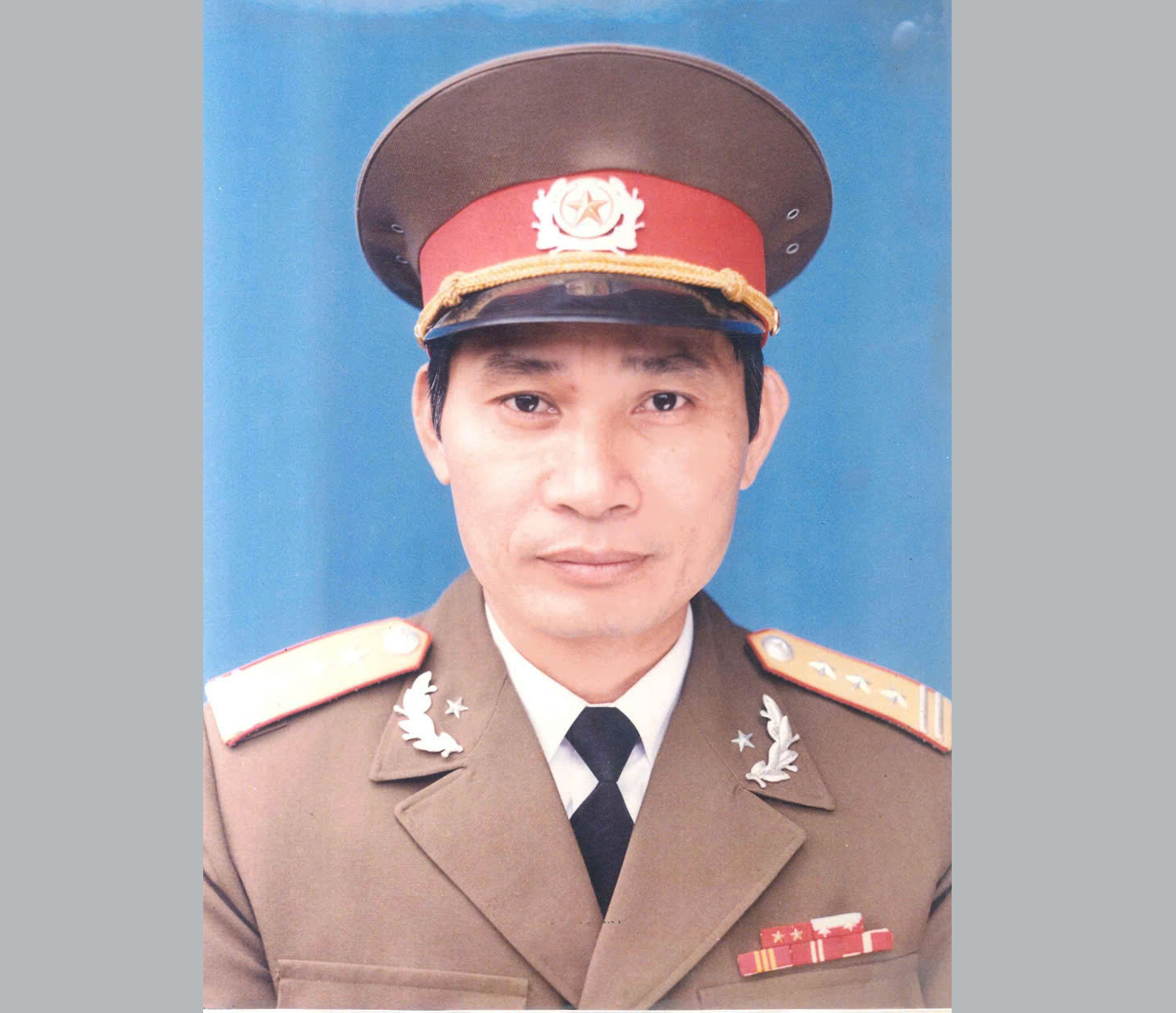 |
Portrait of Martyr, Lieutenant Colonel Nguyen Duy Thanh. |
He is Martyr - Lieutenant Colonel Nguyen Duy Thanh.
When I came to the People's Army Television (February 1997), he had decades of experience with many reports from the hot battlefield to the splendid flag-raising trips to Europe and Africa with high-ranking military delegations. The son of Yen Thang - Yen Mo - Ninh Binh is elegant but extremely friendly. Each person in the television press agency has their own personality, but what remains intact is a heart full of love. We can argue fiercely about the profession, criticize weaknesses, fiercely criticize non-standard frames, harshly criticize superficial and easy-going comments, but when leaving the meeting room, we love and embrace each other. Vietnamese people always support each other, the previous generation sets an example for the next generation, the next generation listens and practices what the older generation teaches. That is what is precious. Nguyen Duy Thanh is such a person. I returned to the People's Army Television with the inferiority complex of a young person who had never studied a trade, let alone worked in a profession that was fiercely selective. Many of my sisters and brothers had become famous, television personalities. It was they who welcomed me, the youngest brother, with open arms. Nguyen Duy Thanh said: - Come down to the unit with me. That is where young people like you train and grow up.
I remembered his words clearly and rolled into the army. That day was very hard. At four in the morning, I woke myself up, quietly got out of my warm blanket, lit a fire to eat a bowl of rice with pickled eggplant and vegetables, then slowly cycled to the station, took the bus to the agency at 84 Ly Thuong Kiet. My house was in a small district of Hung Yen province, it took me over an hour to get to the agency, more than twenty kilometers away. Every day before six in the morning, I was at the agency. I was a farmer's son, so I determined to use diligence to make up for my shortcomings in education and career. Writer Chi Phan, who was then the Head of the People's Army Television Department, had his private room on the second floor already lit up. It was his diligence that trained me, not by words but by my constant actions. I arranged the newspapers in a neat frame and placed them on the table, then quickly boiled water, prepared tea, and made teacups for my uncles and brothers to start the early meeting. The work was day after day. I naturally took on the role of the agency's liaison. Needed to send papers to the typing department: ready. Needed to go to Vietnam Television to deliver documents: ready. Needed to guard the gate and arrange motorbikes and bicycles for collaborators to work: ready. I entered the television family naturally and somewhat peacefully like that. Everyone also wholeheartedly taught me about the profession. Every sentence, every word, every frame, every streak of light, even the ways of life and conduct, my uncles and brothers sincerely passed on to me.
Mr. Duy Thanh is a person who teaches a lot and is skillful. He is quiet but when talking to me privately, he always gives me advice about the profession. He affirms that I will follow the profession. He always invites me to do long reports on culture and sports . He tells me that I must promote the strength of literature in television to have a unique feature and to define the profession. The fateful day we said goodbye to him when he left to join the high-ranking delegation to visit Laos in the summer of 1998 was also when he was assigning me to do a long report on the The Cong football team. The team was on the way to winning the championship but Duy Thanh soon saw the weaknesses and strategic shortcomings of the army team. Duy Thanh loves football very much. He is a close friend of head coach Vuong Tien Dung, who was in charge of the team at that time.
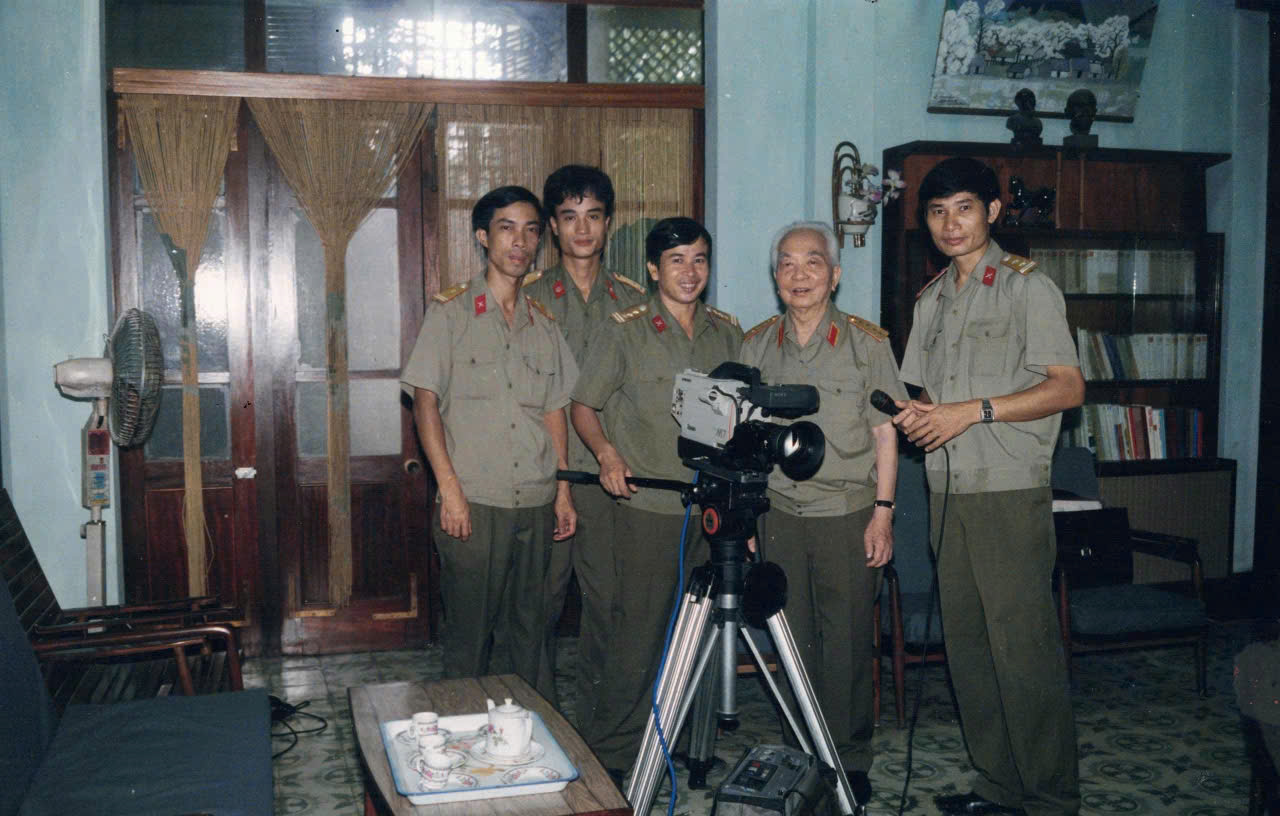 |
Journalist Nguyen Duy Thanh (far right) and colleagues during an interview with General Vo Nguyen Giap in 1996. Photo courtesy |
The day before he left for Laos, in the afternoon he invited some young reporters to have a beer near the Flagpole Stadium. Over a glass of white foamy beer, he told me about interviews with people who love the The Cong team. He said that we have to let them whip and whip us if we want the team to grow sustainably. There are signs that the "stars" in the team are starting to decline. I told him to wait for him to come back because I'm not sure I can approach the football world's most famous people. He told me to be bold. We do it for the job, for the team, not for the personal reputation of any individual. He had already called them all. He completely trusted me for the commentary. He said if I wrote less "oh a" it would be sharper. I'm still "writing" in the commentary. Commentary needs to be literary but absolutely avoid "writing". His advice, even after he passed away, in my best film reviews that won awards, all contained a lot of wisdom from his advice.
The very next afternoon (May 25, 1998), the whole agency fell silent when they heard the news: The working group's plane crashed in Xieng Khouang.
Evening news.
We were in shock. No one said anything to anyone. We were all silent, bewildered, in pain, but still waiting for some miracle.
The most stressed is probably his wife.
She came to the office with the mindset that he had not died. She said he was still alive. Even if the plane had really crashed, he was still alive in a forest in Laos. One day she affirmed that. Many days she affirmed that. The entire office was tense. Not only the television agency but also the higher-level agencies, very high-level agencies were busy, devoting all their efforts to the search at that time. Approaching the area where the plane crashed on the top of a mountain more than two thousand meters high was extremely complicated during the rainy season in Laos, which was gloomy day and night. The Special Forces battalions of the two countries cut through the forest to approach the target to clearly identify the missing people and continuously reported bad news. Even General Chu Huy Man, a veteran soldier who had fought in several wars, was extremely restless, because his son, Lieutenant Colonel Chu Tan Son, was also in the working group.
But the painful truth still cruelly happened.
The delegation of generals and officers on the flight all died.
That terrible news hit us, the soldiers in peacetime, a fatal blow to our bodies. During that long funeral, there were times when we thought we could not bear it. Looking at the row of zinc coffins covered with red flags lying silently in the Gia Lam airport hall, no one could hold back their tears. Outside, it was pouring rain. Thunder boomed endlessly. Lightning flashed in the gray sky covered with rain. From dawn, in the empty hall, I felt a shiver when I looked at the General's shaking shoulder blades and the white hair of Uncle Chu Huy Man, who was holding the zinc coffin covered with the flag of his comrades, of his son. How could the general have expected this sacrifice? For decades of fighting the French, fighting the Americans, wherever there was gunfire in the Southwest border of the North, there was the presence of the general who was one of the pillars of our army. Now he sat there, next to the red flag with a yellow star covering the body of his son. It was too much for a father like him to bear. I stood there, unable to move or turn away from the hall, tears just kept falling.
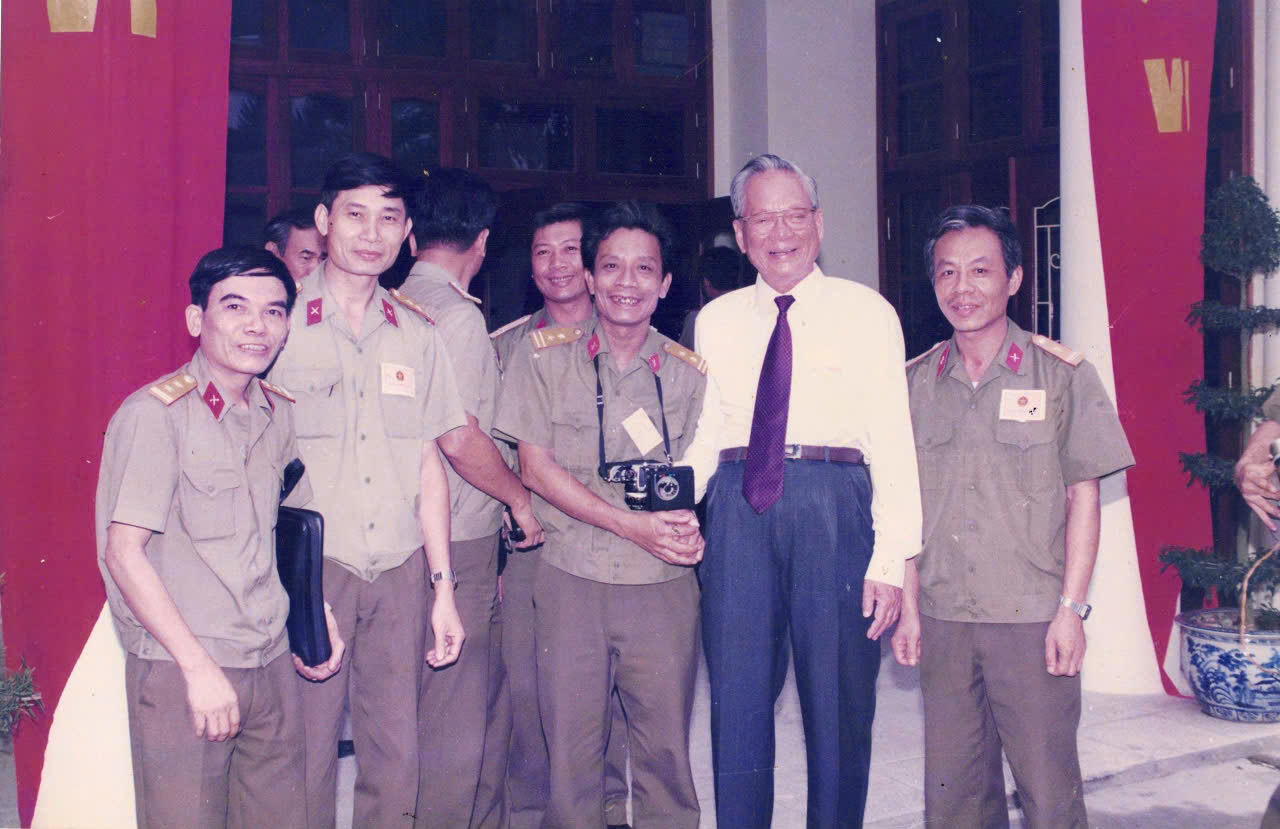 |
| Journalist Nguyen Duy Thanh (2nd from left) and his colleagues take a photo with President Le Duc Anh (1997). Photo courtesy |
Nguyen Duy Thanh's parents were unexpectedly the ones who stood firmest. His father, with his white hair, lifted his daughter-in-law and grandchildren, who were like withered leaves, next to the grave that was being filled with dirt. Thunder was still rumbling in the sky, as if testing the hearts of the living. I had never witnessed such a crowded and tearful funeral. The younger brother of martyr Nguyen Duy Thanh, Viet - at that time an officer of the Foreign Affairs Department, Ministry of National Defense, suppressed his pain and worked with the organization to arrange the funeral. Later, I became quite close to him and realized that every time a loved one sacrificed, the people around him had remarkable maturity, even though they could not say anything.
The first time I witnessed a peacetime martyr like that.
Later, remembering him, remembering the advice of Lieutenant Colonel - Martyr Nguyen Duy Thanh, I often rolled down with the troops, especially wherever our soldiers sacrificed, I was often there early. Going because I was assigned, of course. I went because it was also the urging of my heart. My family line has many martyrs. On the day of the Dien Bien mission, entering the martyrs' cemetery, I was silent before the martyrs, many of whom had the surname Phung. Lighting incense sticks, my heart was filled with sorrow under the blue sky and white clouds. It has been more than half a century, but why are those who sacrificed at the age of eighteen or twenty still so young? Under the ground are the bones of the deceased. Some of them have not had their bodies intact. There are even wind graves with only earth and earth. But they are the ones who made the national flag fly, who made the country beautiful and dignified as we live today. The trips to the Citadel Cemetery, the National Martyrs' Cemetery of Route 9, the National Martyrs' Cemetery of Truong Son, before the rows of white graves, thousands of yellow stars twinkling on the graves of our brothers and sisters. The wind blows endlessly. The grass is green. The sky is blue. The rivers are green in our motherland. And far away is the blue sea of thousands of miles where our ancestors buried their white bones and blood. Every year when we return to the cemeteries to offer incense to our brothers and sisters, we are filled with an unquenchable feeling of grief. Every body is born from our parents. Who wishes for war so that young men and women of eighteen or twenty years old will have to sacrifice their bodies for the Fatherland? The first and forever beauty of our Fatherland is the beauty of the heroic martyrs who sacrificed their lives, including those who sacrificed their lives in peacetime like Lieutenant Colonel - Martyr Nguyen Duy Thanh.
Source: https://www.qdnd.vn/phong-su-dieu-tra/ky-su/liet-si-nha-bao-thuong-ta-nguyen-duy-thanh-anh-luon-trong-trai-tim-toi-842704



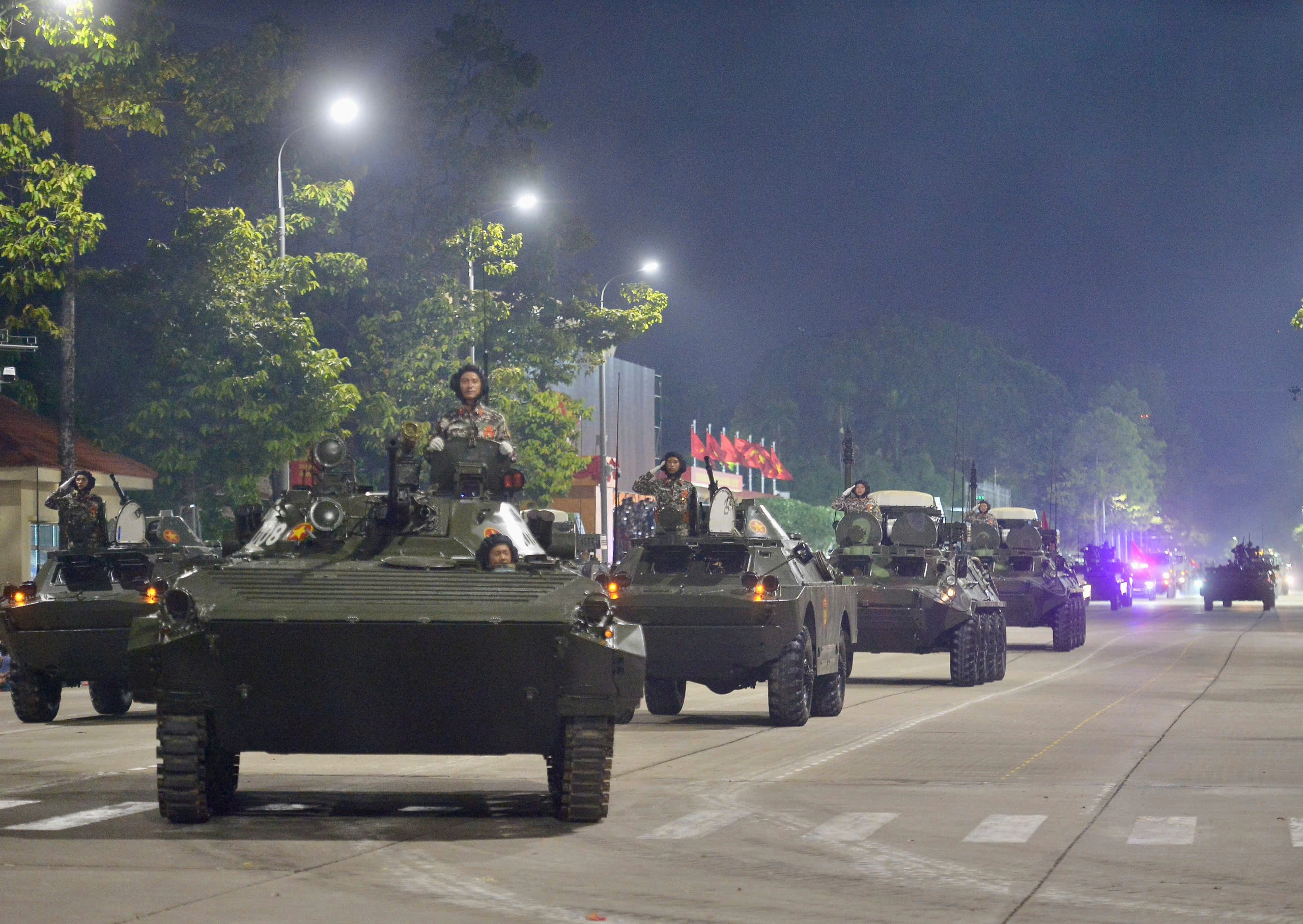
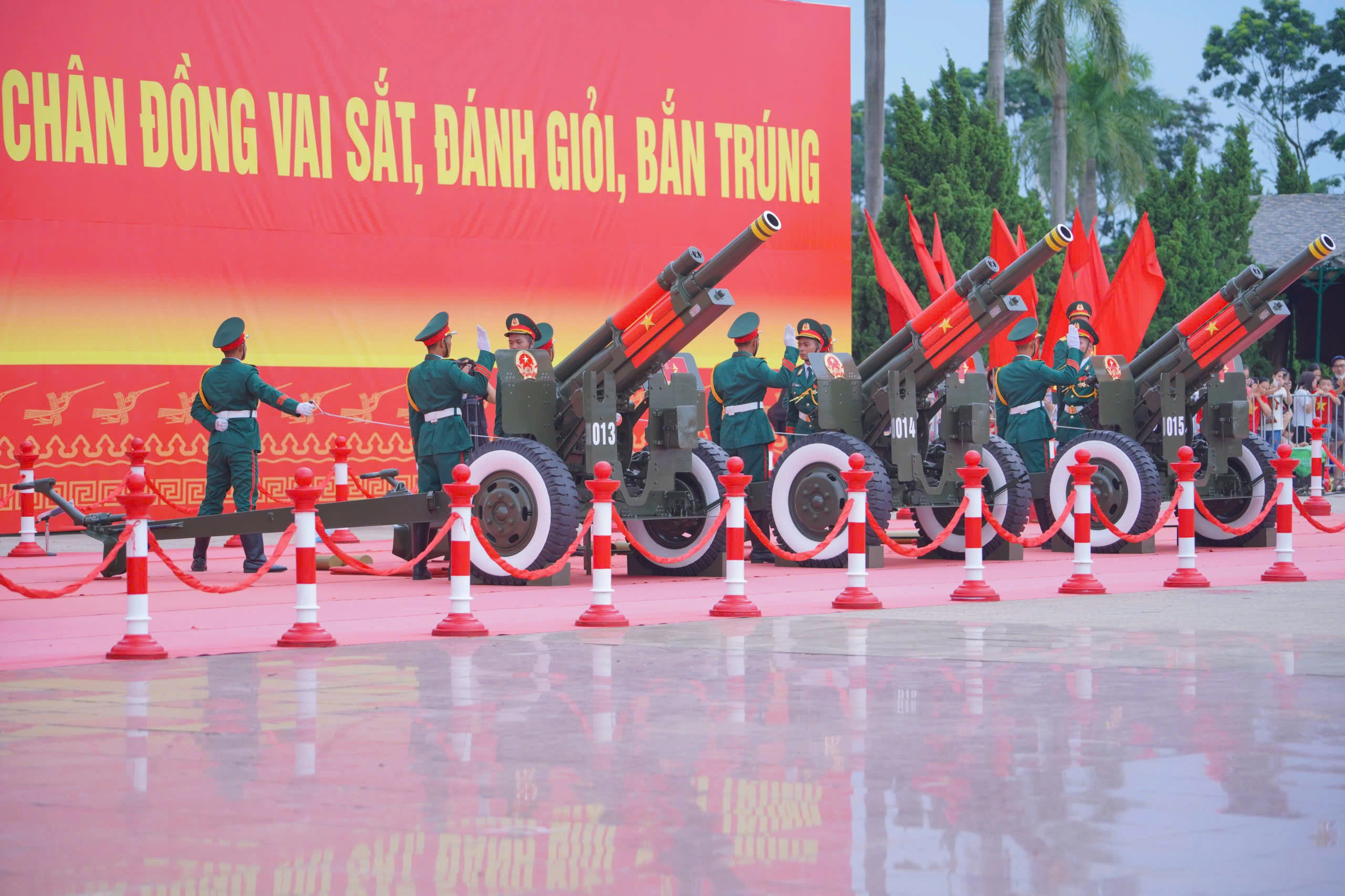
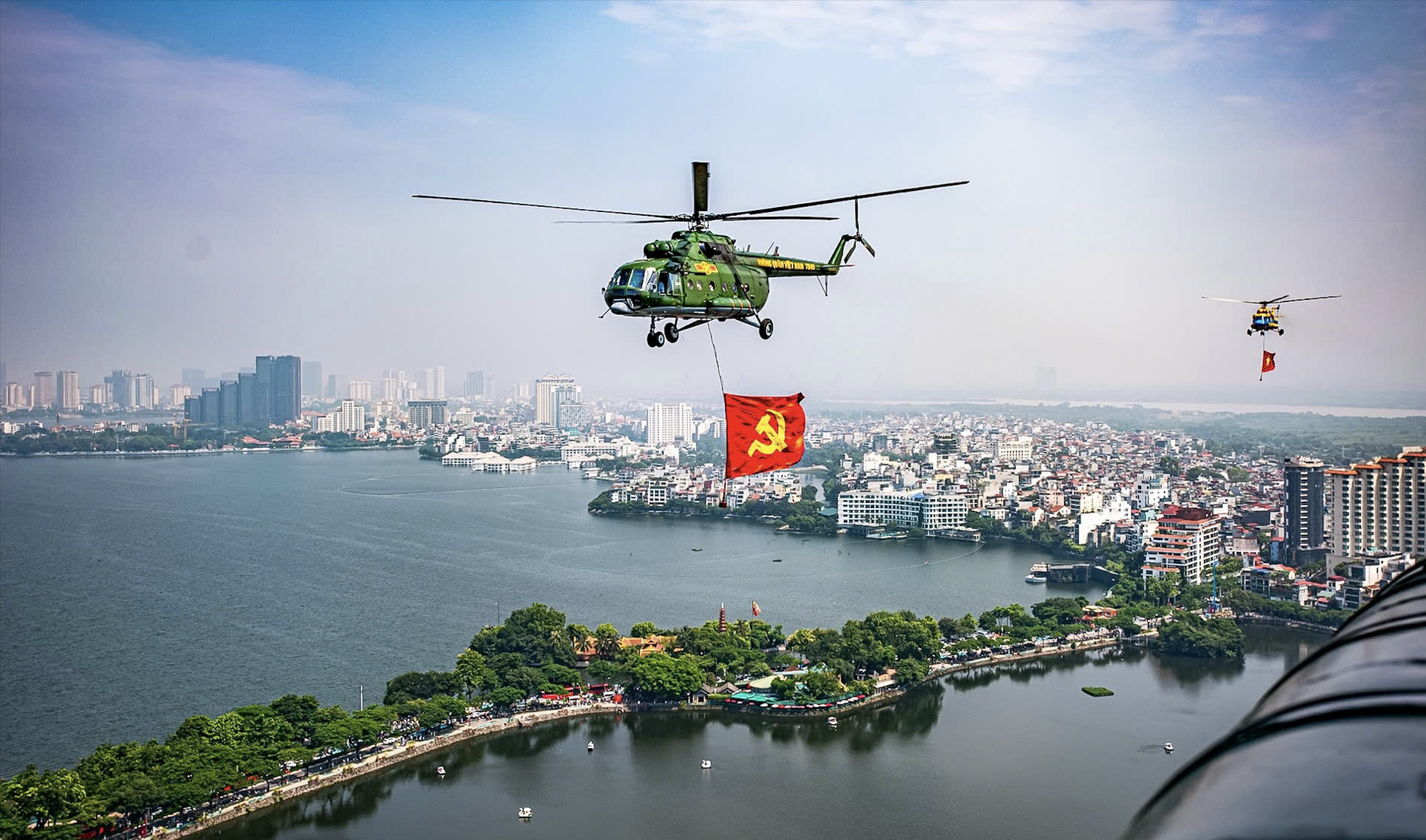
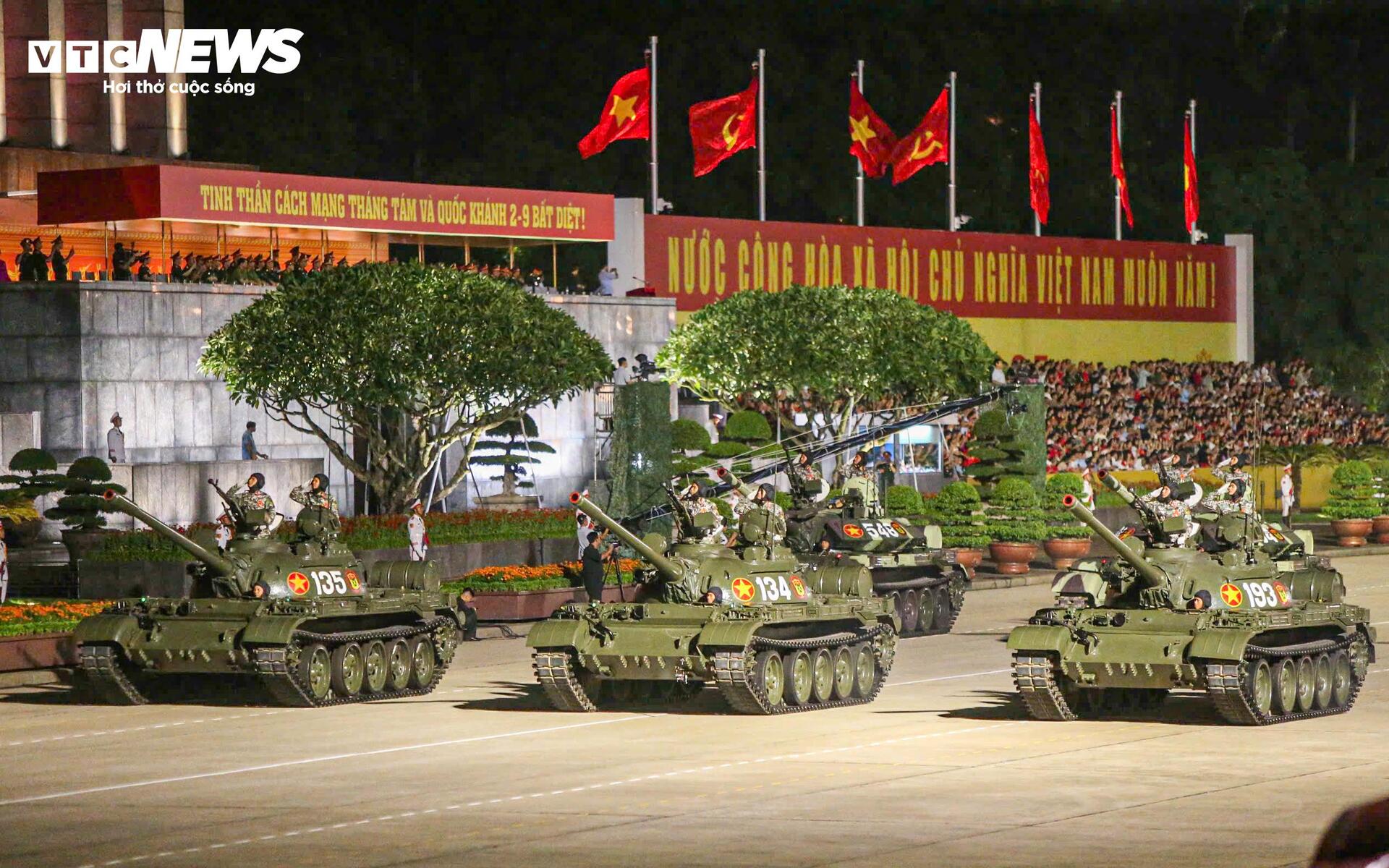
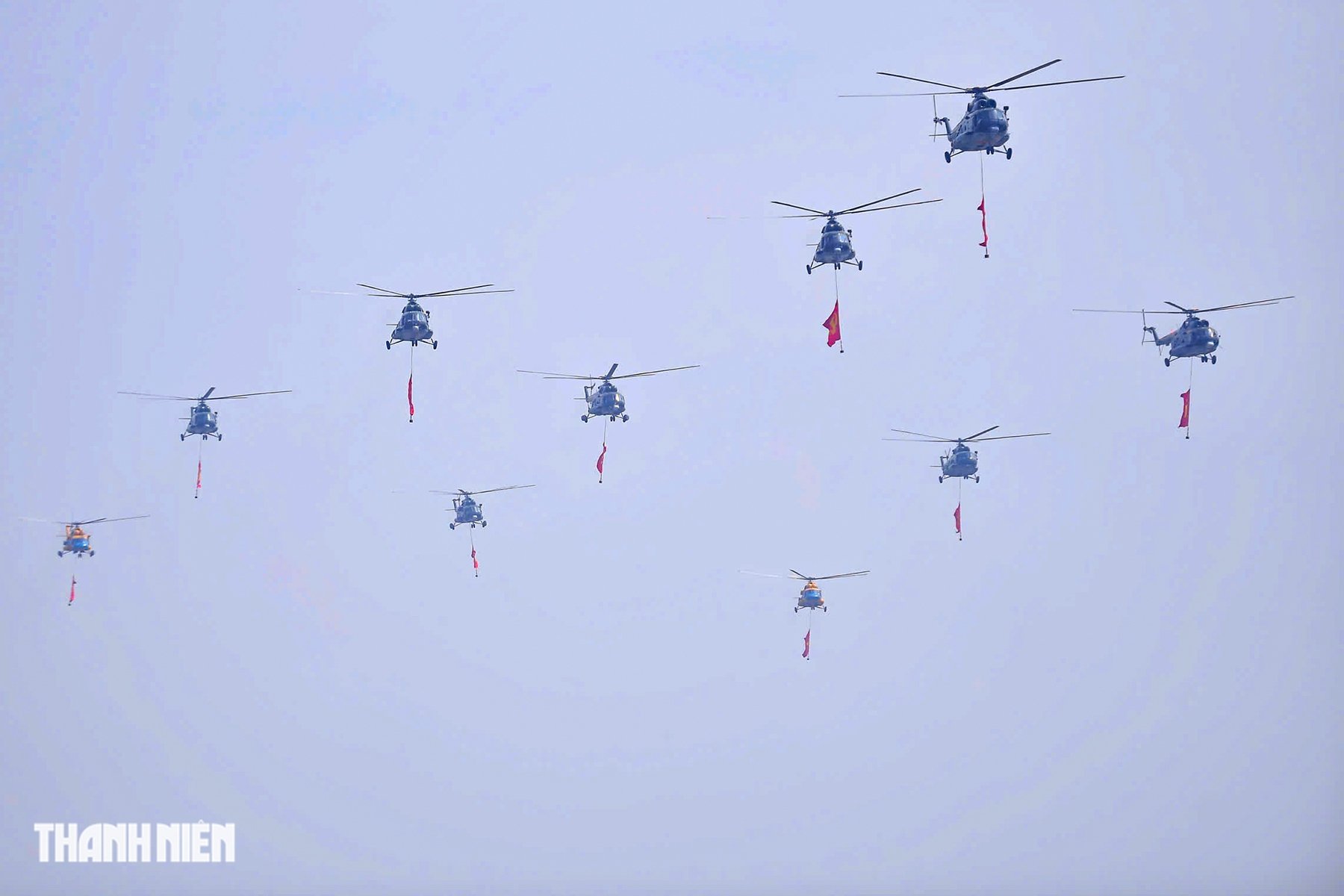
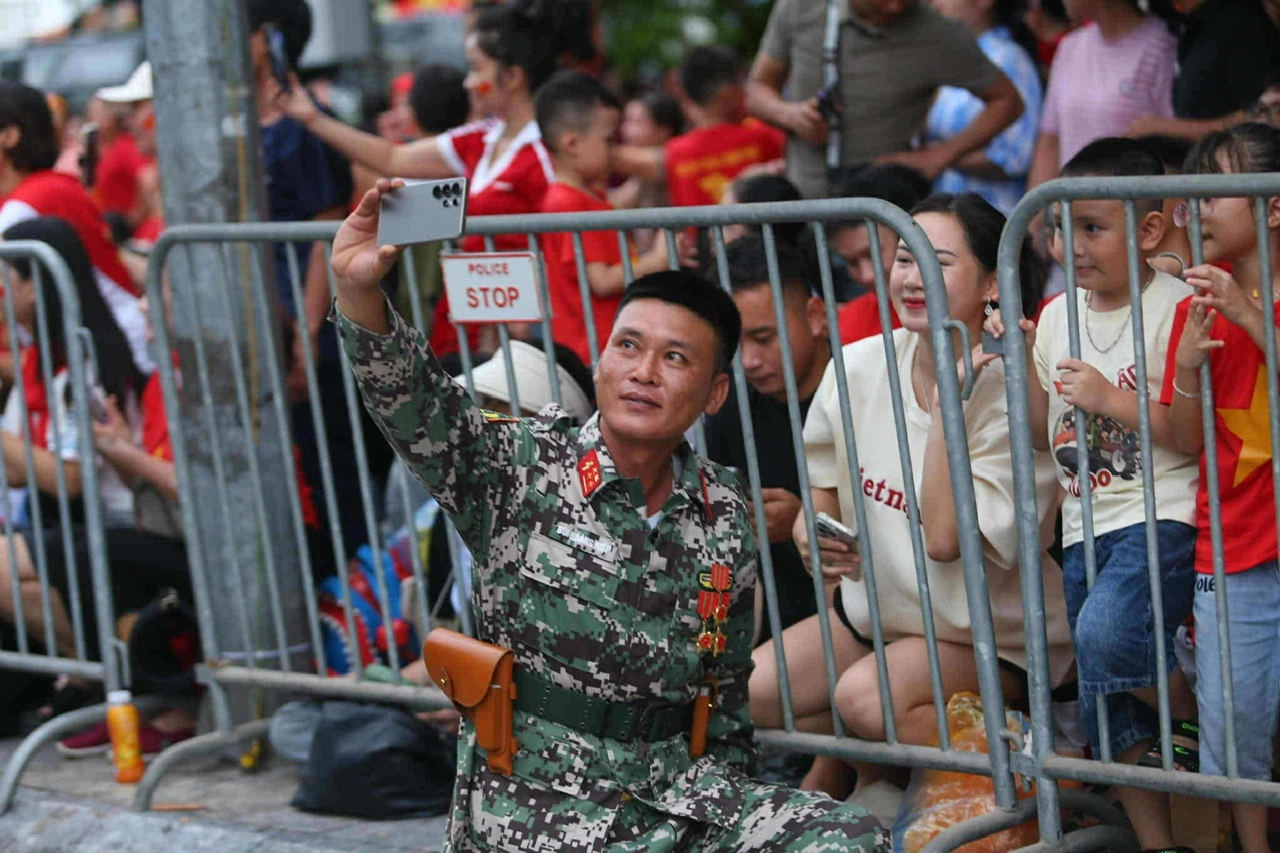
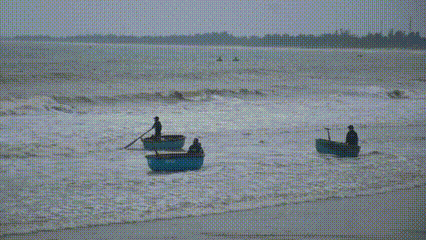

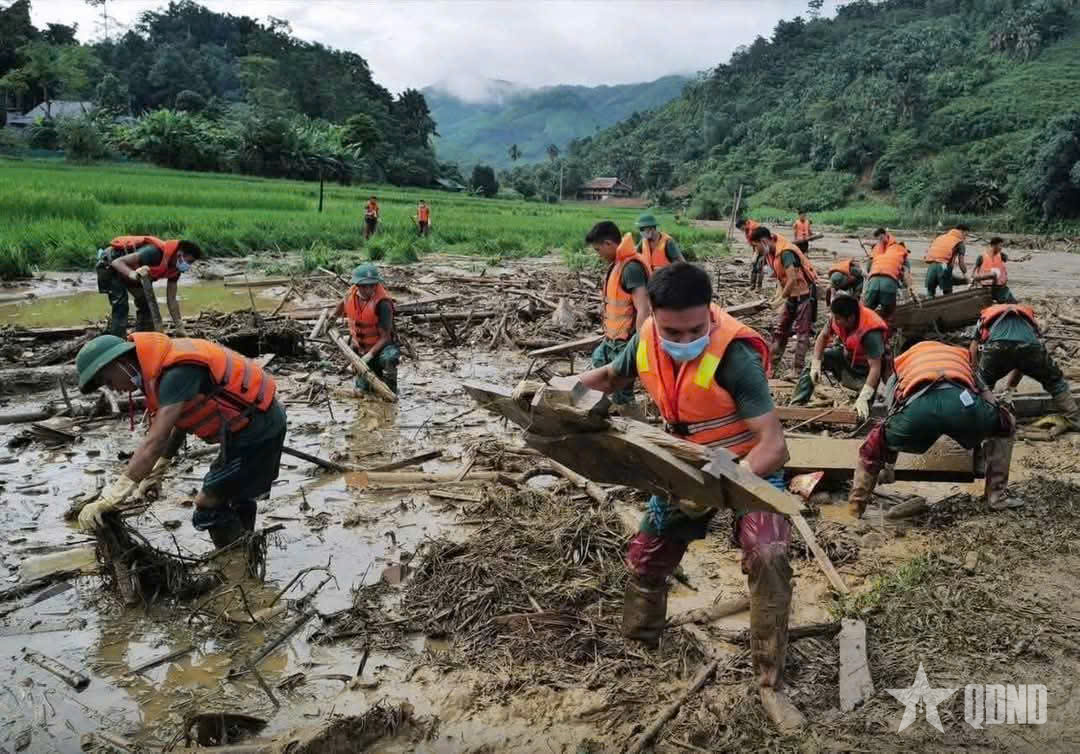
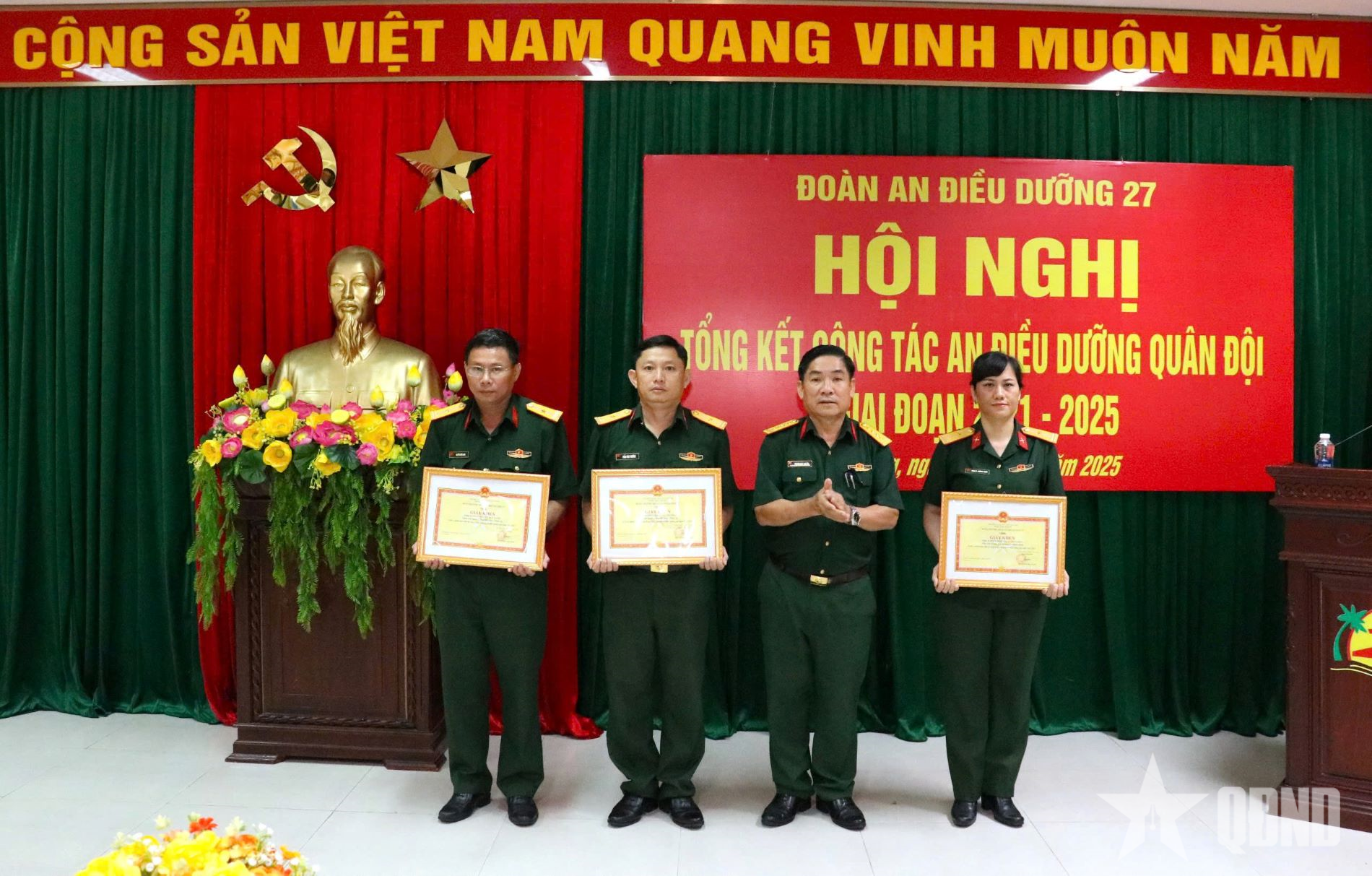
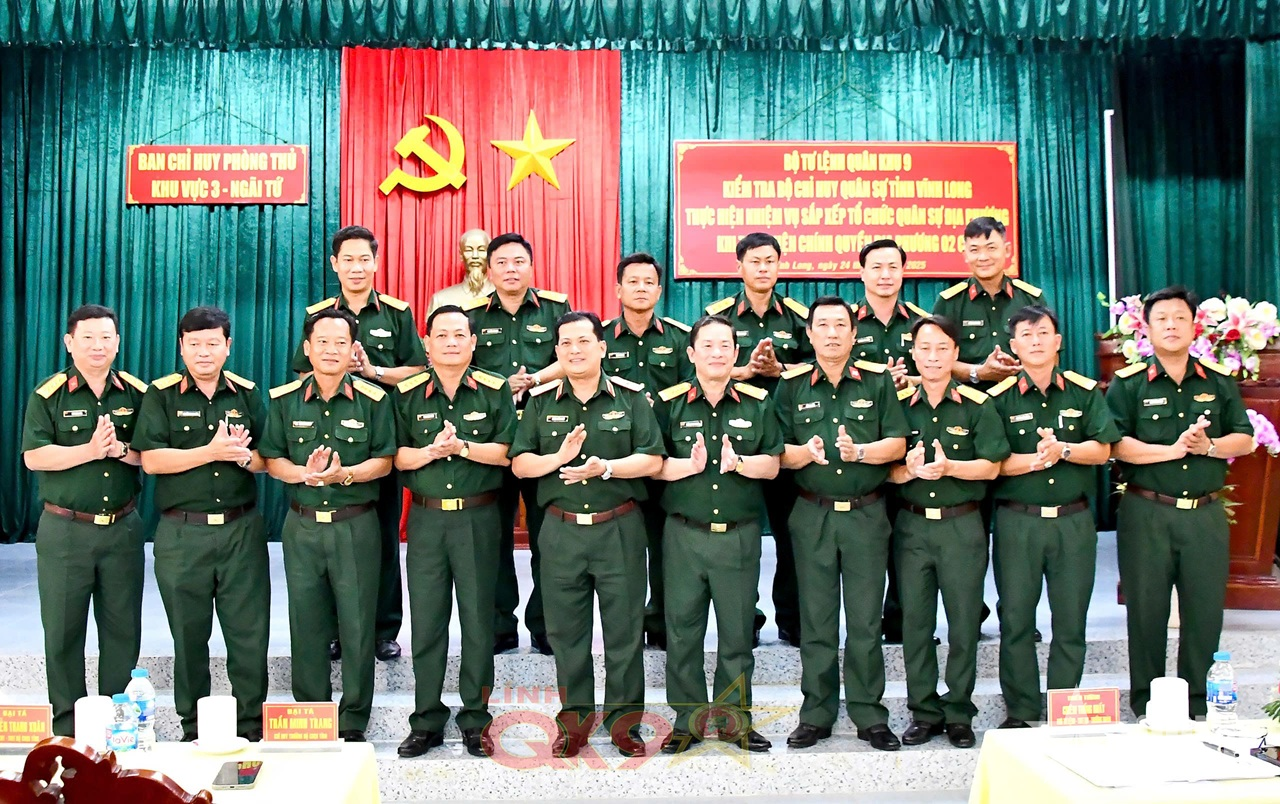

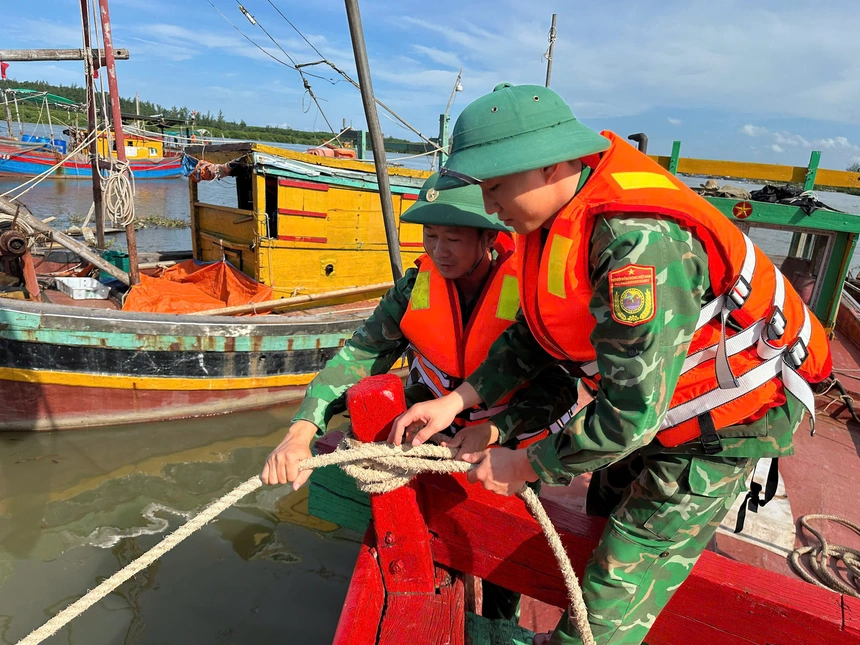
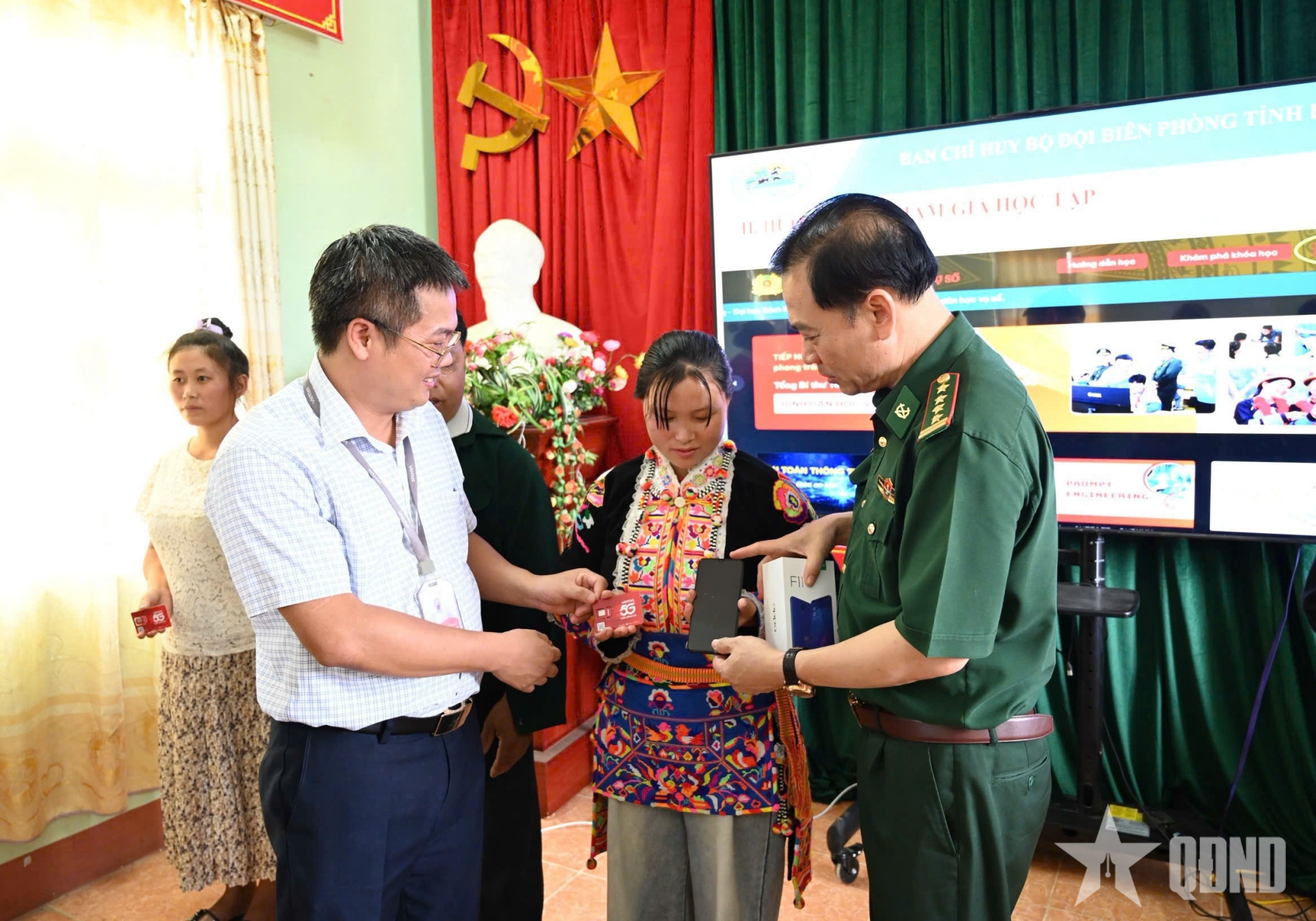




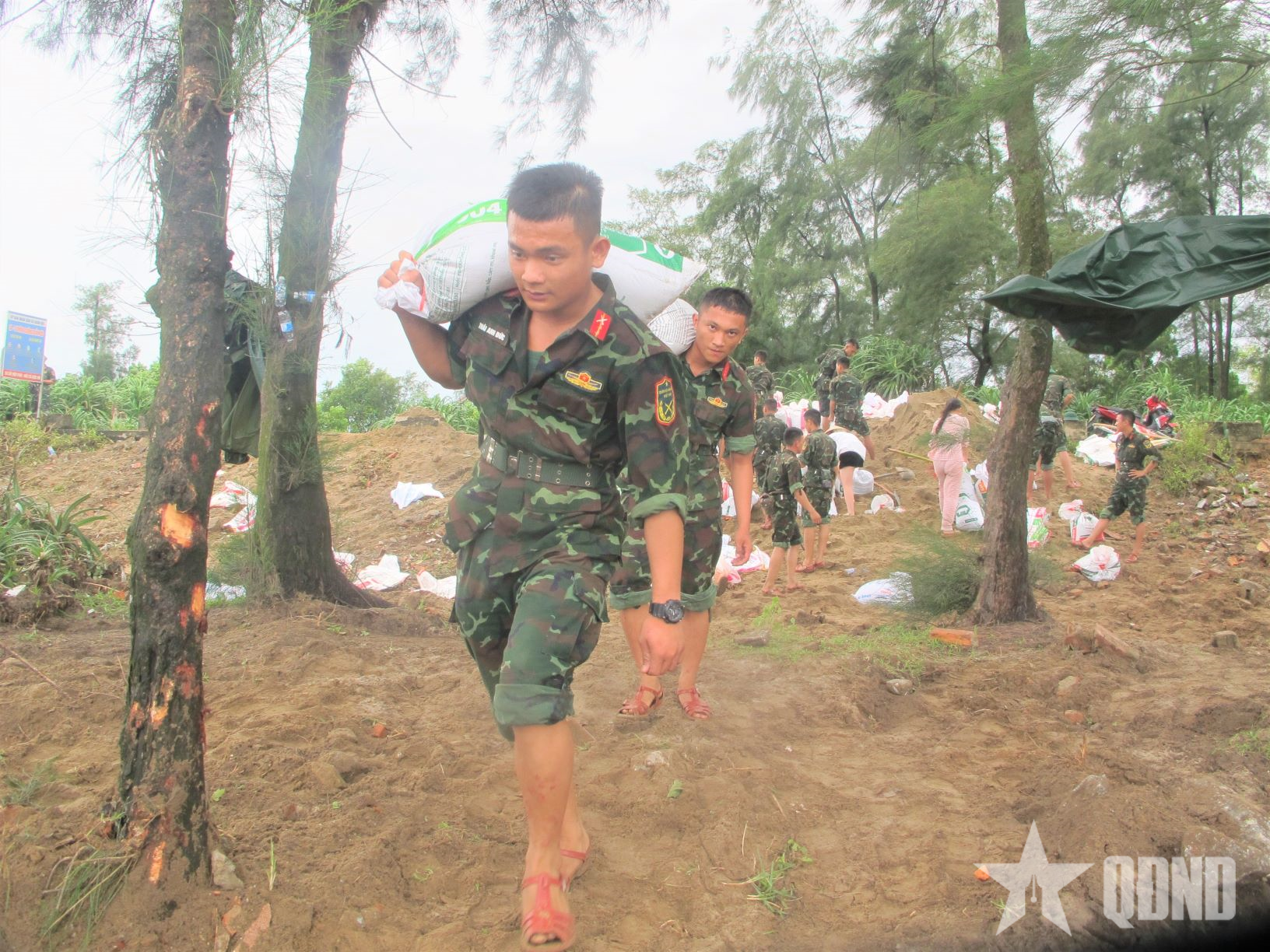
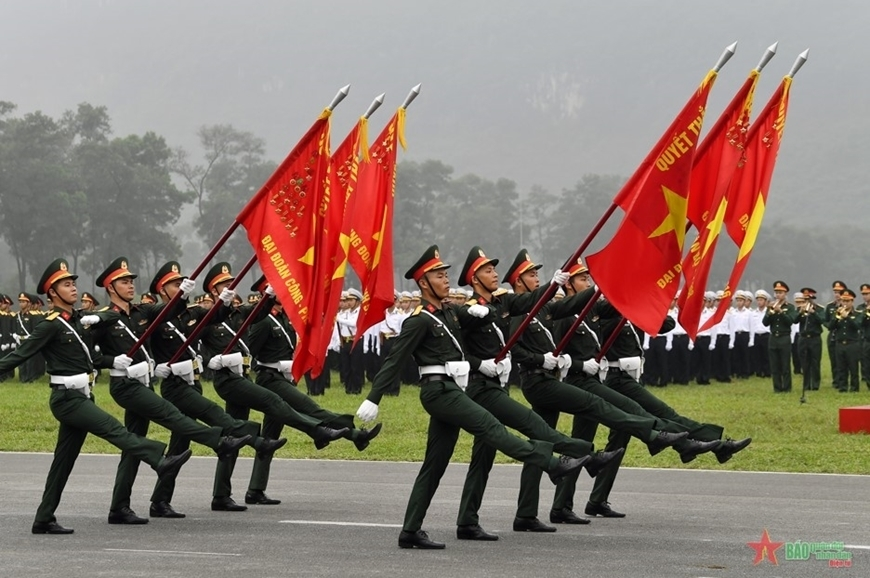
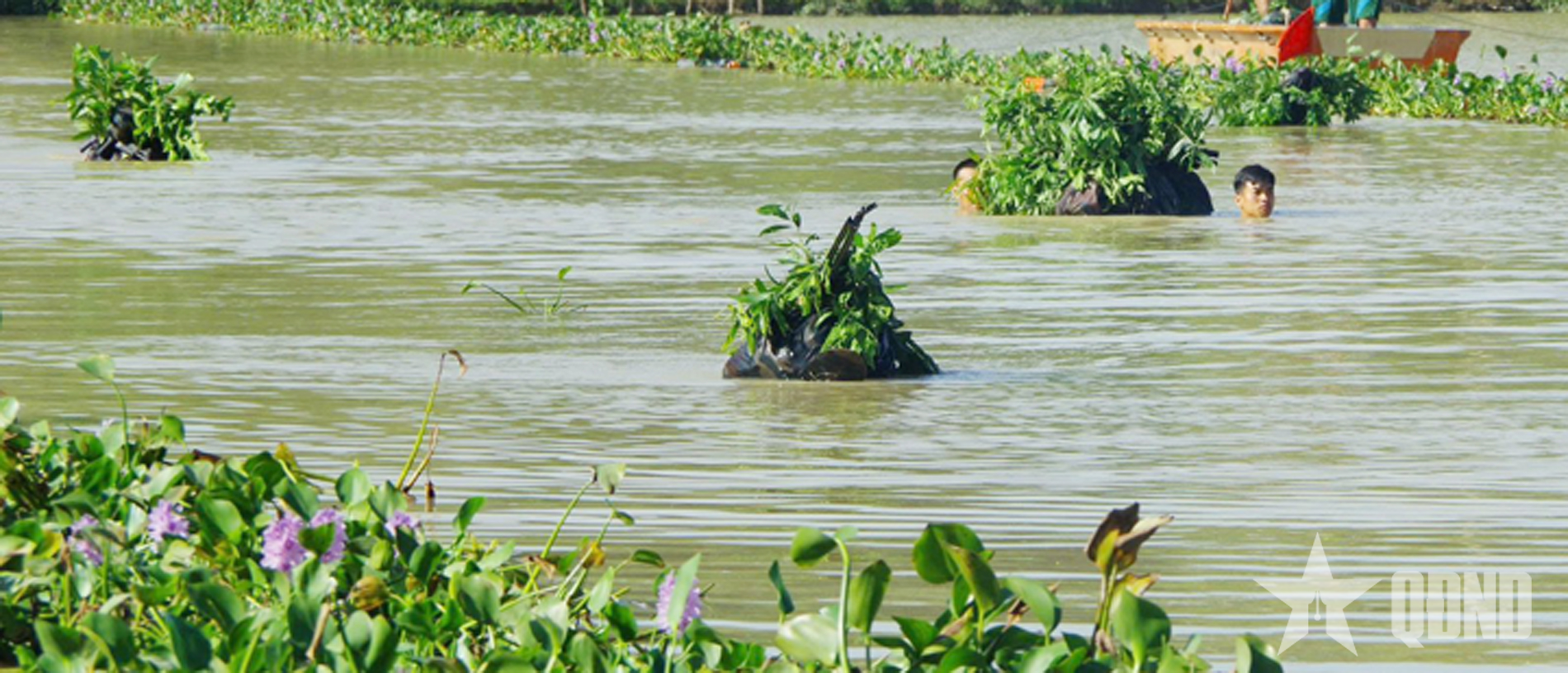
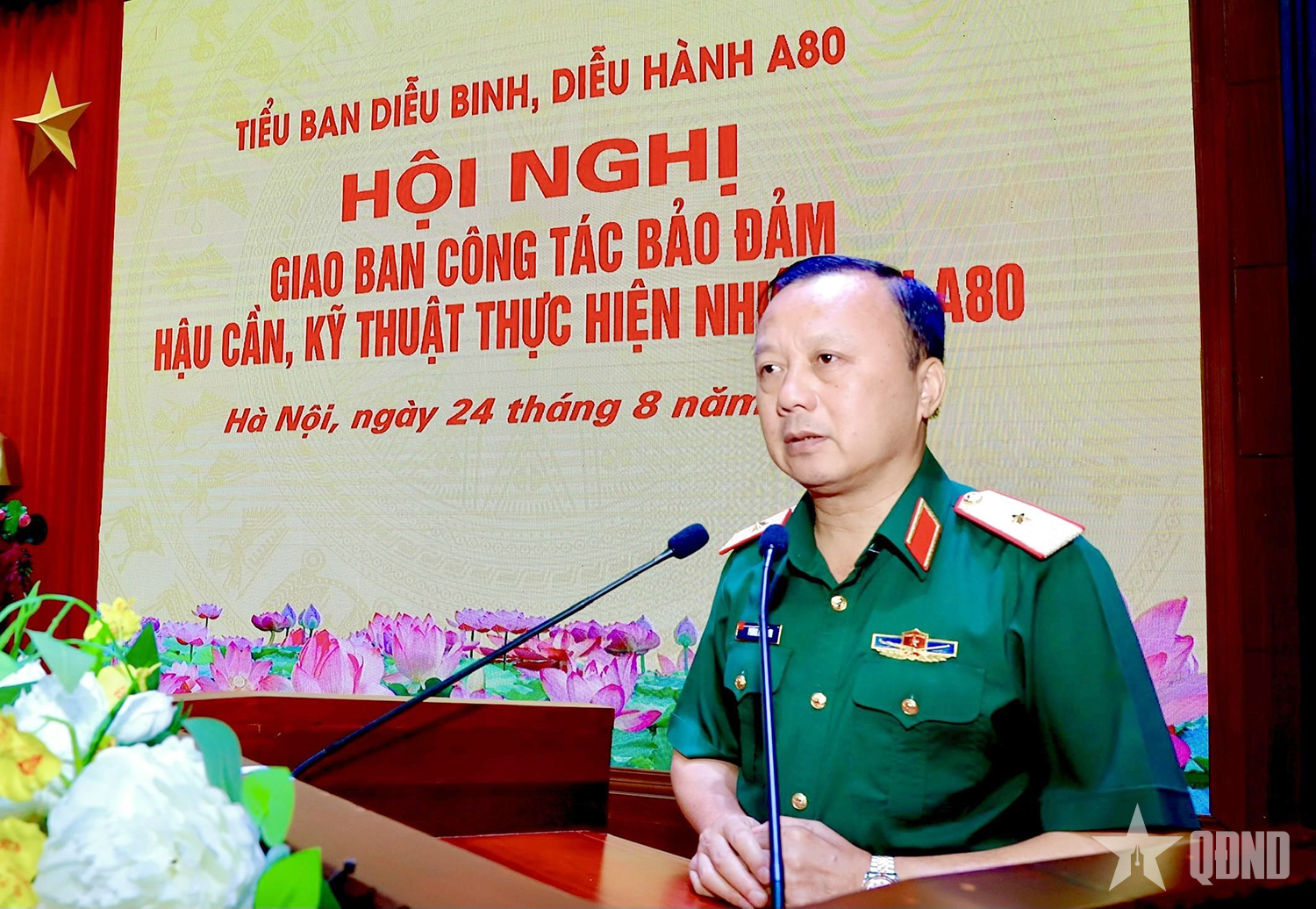
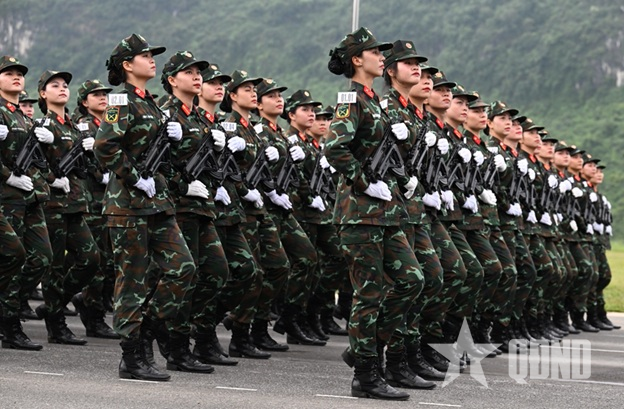
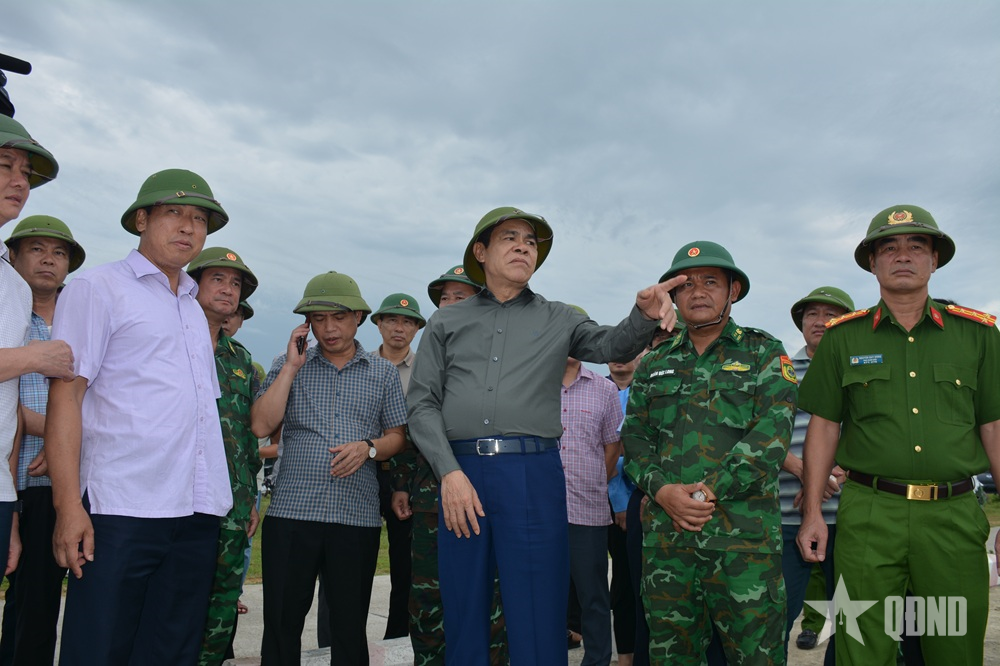














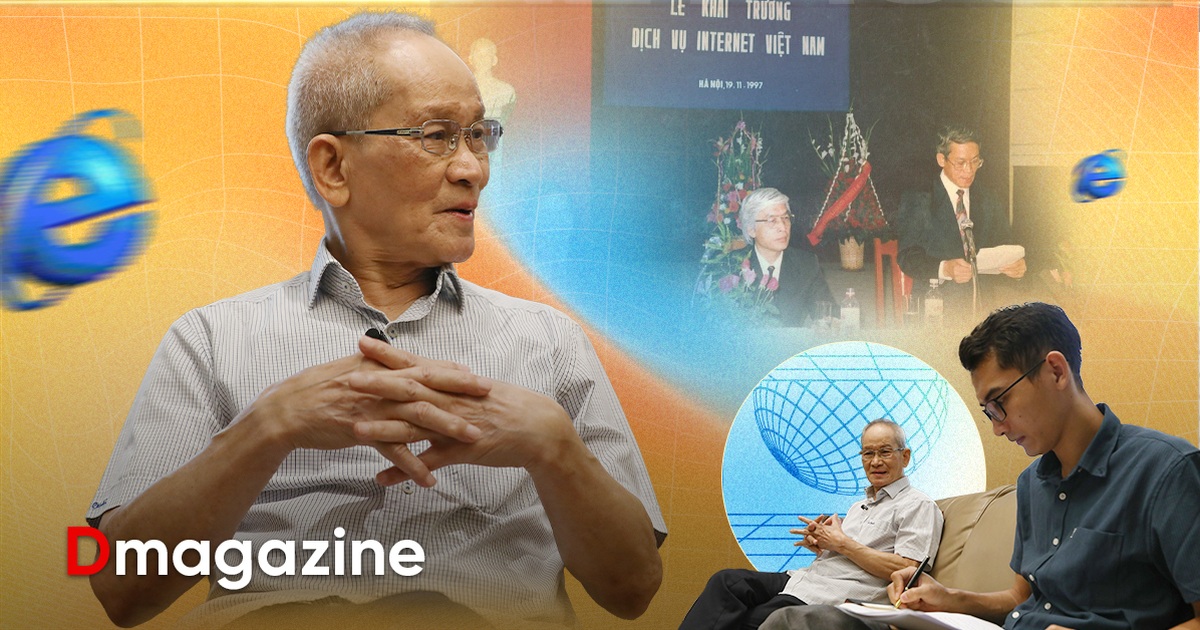



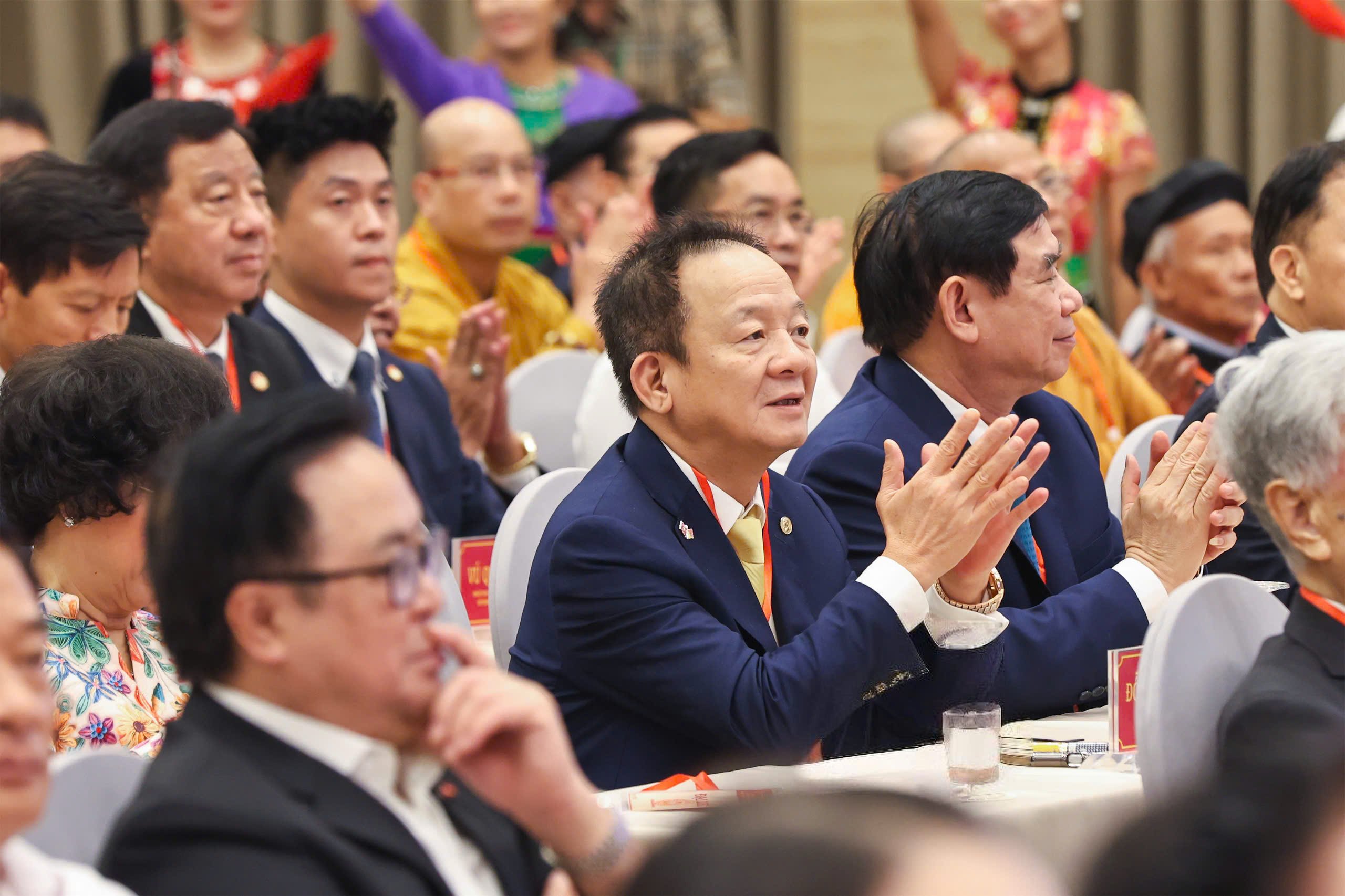











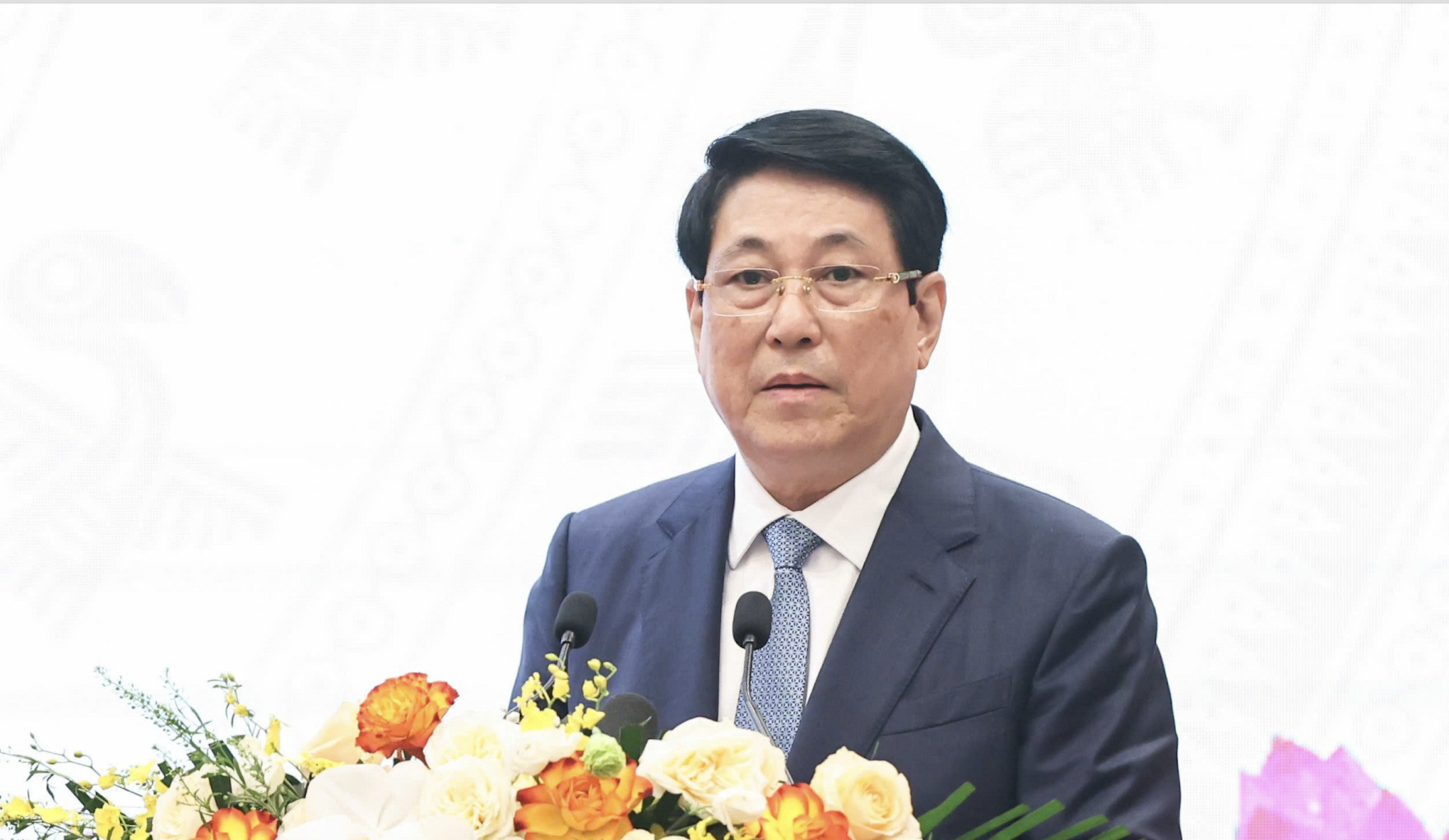








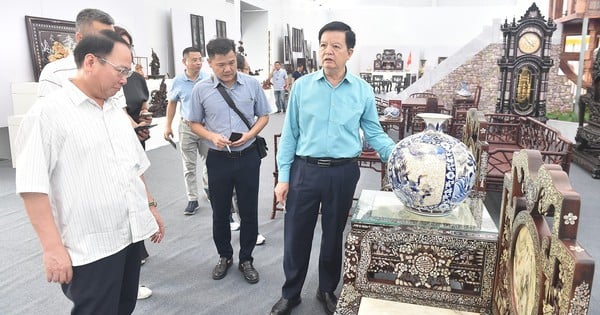








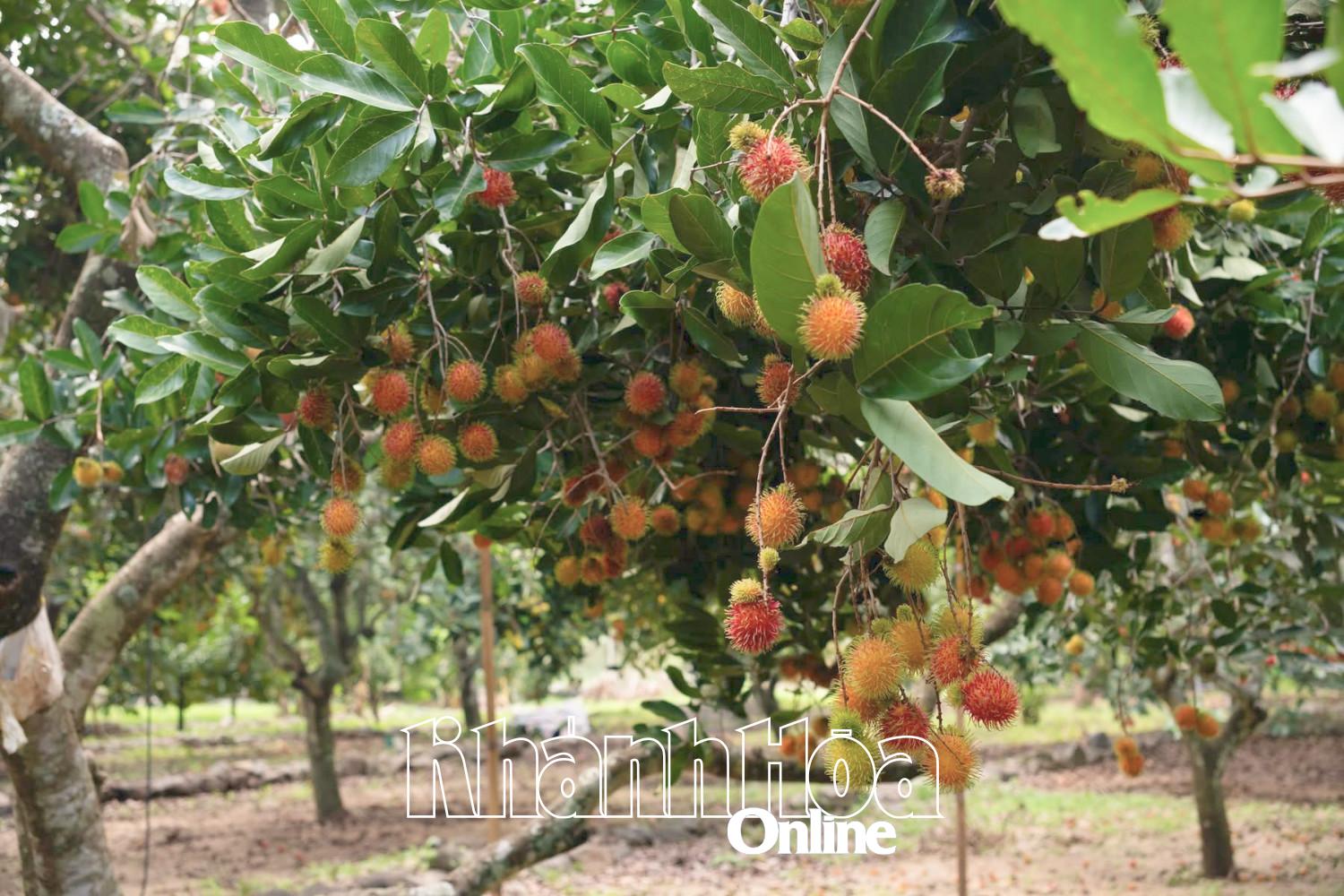

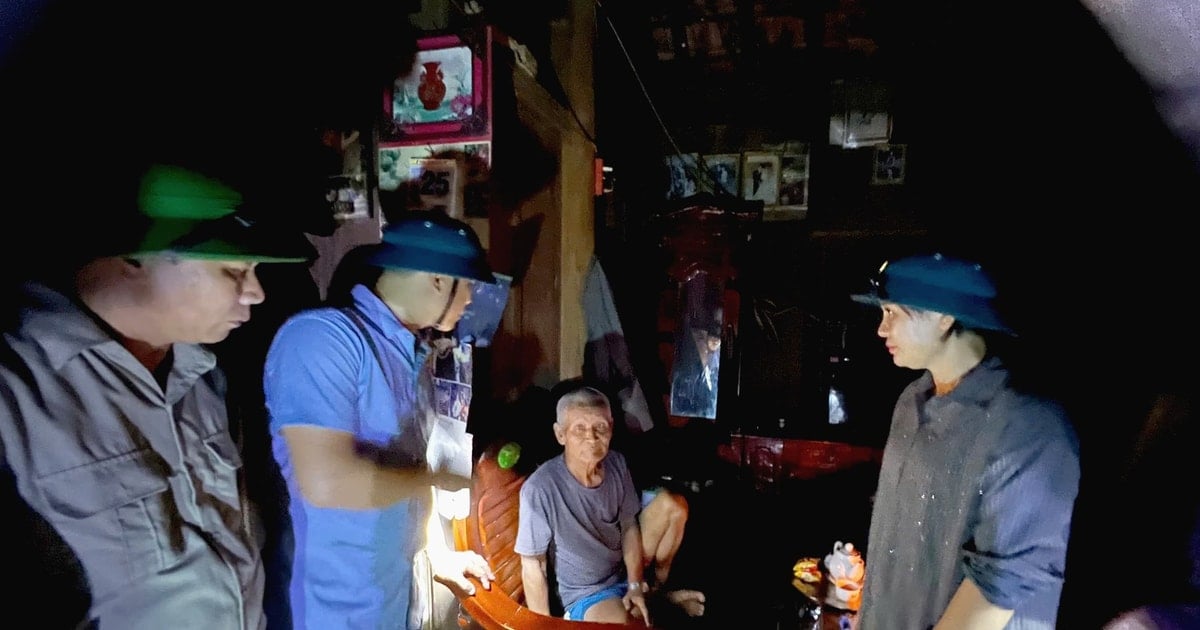

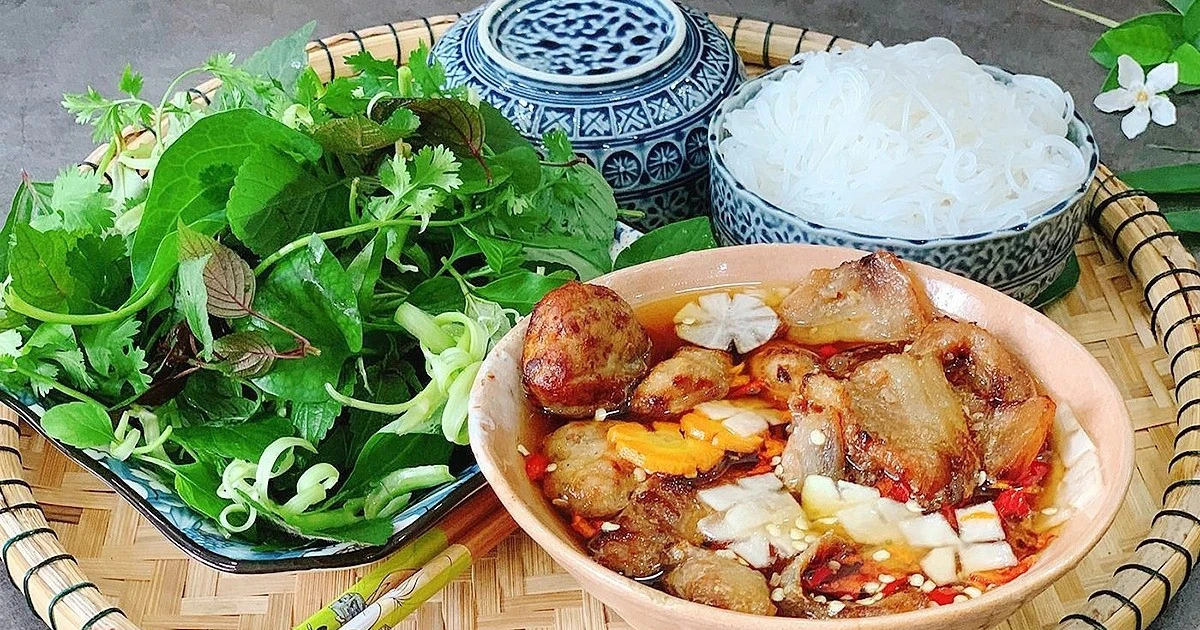

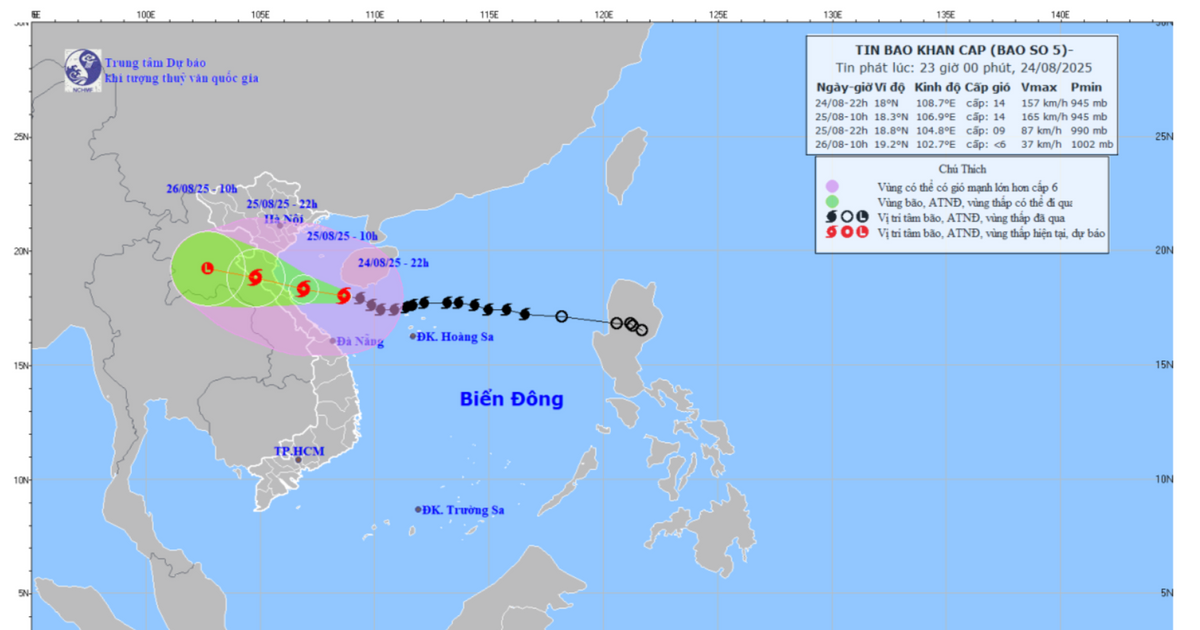
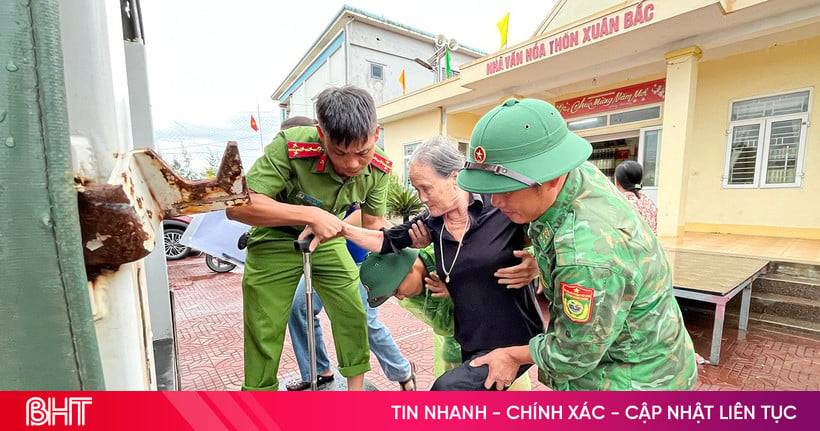

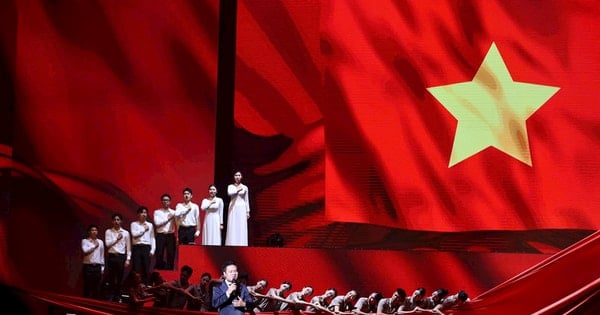
















Comment (0)